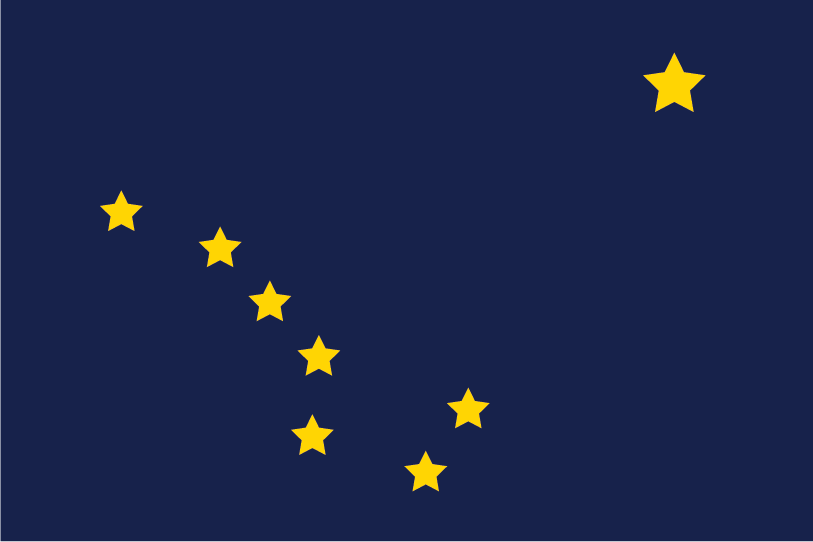| Program Name | Alaska Medicaid |
| Expanded Medicaid | Yes |
| Website | dhss.alaska.gov |
| Phone | 800-770-5650 |
| Apply Online | https://aries.alaska.gov/screener |
| Appeal a Denial | Request a Fair Hearing |
| Find a Local Office | Public Assistance Offices |
Medicaid is a health insurance program for specified low-income target groups in Alaska. Potential recipients include children, pregnant women, the aged, blind, and/or disabled, and people who are eligible to receive federally assisted income maintenance payments. Medicaid does not pay money to you, instead, it sends payments directly to your health care providers.
Eligibility Requirements
To be eligible for Alaska Medicaid, you must be a resident of the state of Alaska, a U.S. national, citizen, permanent resident, or legal alien, in need of health care/insurance assistance, whose financial situation would be characterized as low income or very low income.
You must also be one of the following:*
- Pregnant
- Be responsible for a child 18 years of age or younger
- Blind
- Have a disability or a family member in your household with a disability
- Be 65 years of age or older
* ACA Medicaid expansion covers eligible low-income adults.
Annual Household Income Limits (before taxes)
| Household Size* | Maximum Income Level (Per Year) |
| 1 | $21,400 |
| 2 | $28,955 |
| 3 | $36,509 |
| 4 | $44,063 |
| 5 | $51,618 |
| 6 | $59,172 |
| 7 | $66,727 |
| 8 | $74,281 |
*For households with more than eight people, add $7,554 per additional person.
Available Services Include:
| Chiropractic services | Nutrition services |
| Dental services | Outpatient (ambulatory) surgical care |
| Orthodontia | Personal care services |
| Dialysis/End-Stage Renal Disease | Pharmacy services |
| Emergency care | Podiatry services |
| Family planning services | Pregnancy and postpartum care |
| Hearing services | Private duty nursing |
| Home waiver services | Rehabilitation services |
| Home health services | Rural health clinic services |
| Hospice care | School-based services |
| Hospital services | Therapy services |
| Lab/X-ray services | Medical travel |
| Long-term care facilities | Vision services |
| Medical equipment and supplies | Well-child exams |
Copayments
You may be required to share the cost for some services that they receive.
- $50 a day up to a maximum of $200 per discharge for inpatient hospital services
- $3 for each visit to a health care provider or clinic
- 5% of the allowed amount for outpatient hospital services (except emergency)
- $.50 or $3.50 for each prescription drug that is filled or refilled, depending on the cost
You will be asked to pay the copayment amount directly to your health care provider when you receive services. If you cannot pay at the time services are provided, you will still receive services. Your provider will bill you for the copay amount.
Copayment is NOT required for:
- Children under age 18
- Pregnant women
- Tribal health services provided to an individual who is American Indian or Alaska Native
- Services provided to an individual who is eligible for both Medicare and Medicaid if Medicare is the primary payer for the service
- People in nursing homes
- Family planning services and supplies
- Emergency services
- Hospice care
- CAMA recipients
If you are pregnant, notify your Division of Public Assistance office right away. Your coupons will be changed to show you are pregnant so that you will not be charged a copayment.
 Benefits.com Advisors
Benefits.com Advisors
With expertise spanning local, state, and federal benefit programs, our team is dedicated to guiding individuals towards the perfect program tailored to their unique circumstances.
Rise to the top with Peak Benefits!
Join our Peak Benefits Newsletter for the latest news, resources, and offers on all things government benefits.



















